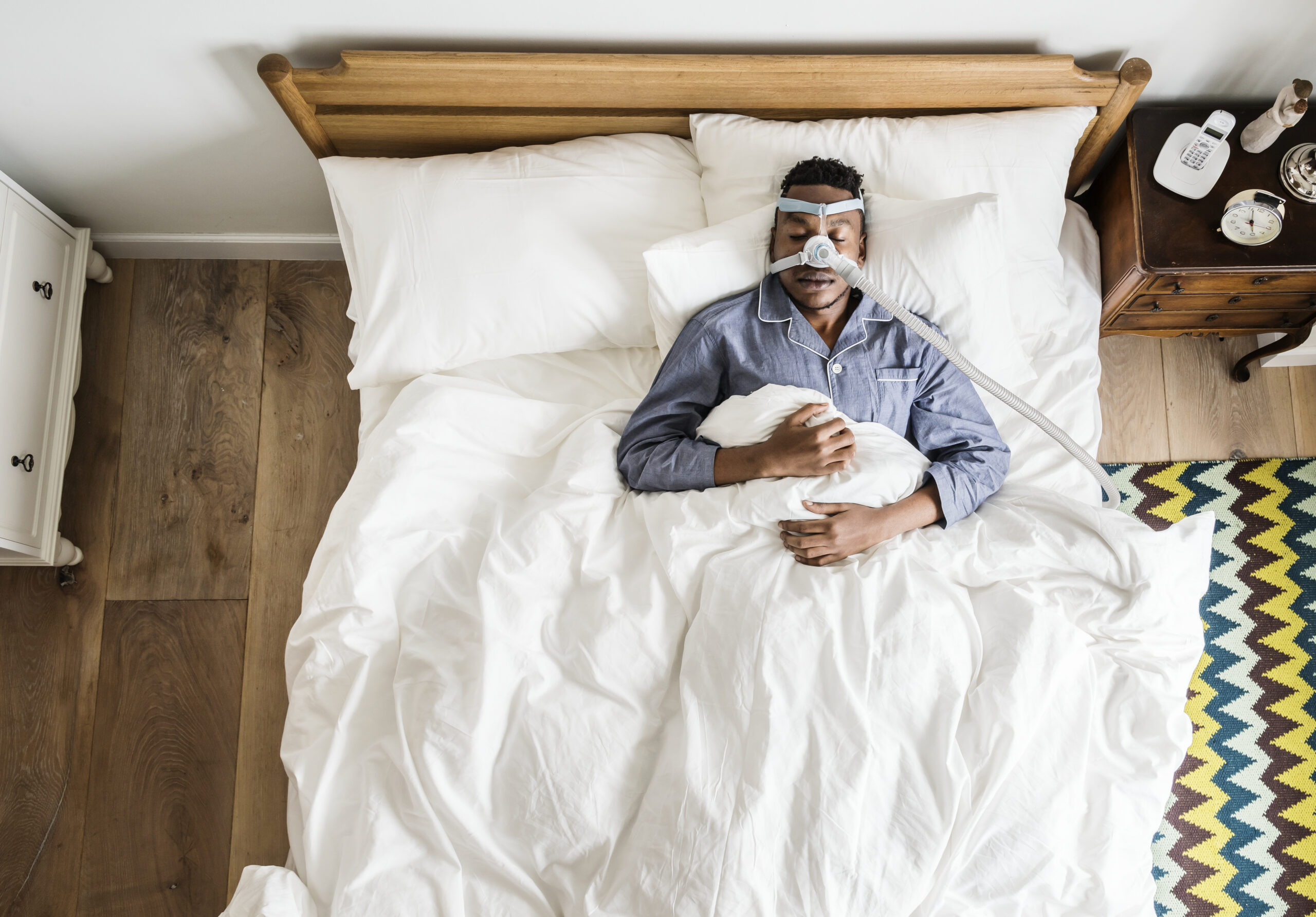
Posted On: September 21, 2023
Sleep apnea is a common sleep disorder characterized by repeated interruptions in breathing during sleep. These interruptions can last for several seconds and may occur hundreds of times throughout the night. The condition can lead to a range of health problems, including fatigue, high blood pressure, and heart disease. But what causes sleep apnea? Is sleep apnea genetic? And how does it affect your dental health? There are answers to all of these questions, and understanding them will help you know the best course of action if you suspect you or a loved one have sleep apnea.
There are three main types of sleep apnea: Obstructive Sleep Apnea (OSA), Central Sleep Apnea (CSA), and Complex Sleep Apnea Syndrome. OSA is the most common form and occurs when the muscles in the back of the throat fail to keep the airway open. CSA is less common and occurs when the brain fails to send the proper signals to the muscles that control breathing. Complex Sleep Apnea Syndrome is a combination of OSA and CSA.
Research has shown that genetics can play a role in the development of sleep apnea. Studies have found that sleep apnea often runs in families, suggesting a genetic predisposition to the condition. Specific genes have been linked to sleep apnea, including those that affect the structure of the airway, the control of breathing, and the regulation of sleep. However, genetics is just one piece of the puzzle. While having a family history of sleep apnea may increase your risk, it does not mean that you will definitely develop the condition.
In addition to genetics, several other risk factors can increase the likelihood of developing sleep apnea. Obesity is a significant risk factor, as excess fat around the neck can narrow the airway and make it more difficult to breathe. A large neck circumference, typically greater than 17 inches for men and 16 inches for women, can also increase the risk of sleep apnea.
Other risk factors include:
Sleep apnea can have a significant impact on dental health. One of the most common dental issues associated with sleep apnea is bruxism, or teeth grinding. Bruxism can lead to tooth wear, fractures, and temporomandibular disorders, impacting the two joints that connect the lower jaw to the skull. Sleep apnea can also cause dry mouth, which can increase the risk of cavities, gum disease, and bad breath.
Dentists can play a crucial role in diagnosing and treating sleep apnea. During a dental examination, a dentist may notice signs of sleep apnea, such as tooth wear from bruxism, dry mouth, or TMJ disorders. If sleep apnea is suspected, the dentist may refer the patient to a sleep specialist for further evaluation.
Dentists can also provide treatment for sleep apnea. One of the most common dental treatments for sleep apnea is an oral appliance, also known as a mandibular advancement device. This device is custom-made and fits over the teeth, similar to a mouth guard. It works by repositioning the lower jaw and tongue to keep the airway open. Oral appliances are a good option for patients with mild to moderate sleep apnea who cannot tolerate continuous positive airway pressure (CPAP) therapy.
So is sleep apnea genetic? Research says yes, and if you’re experiencing symptoms or have any of the other risk factors for sleep apnea, it’s time to take action. At Pennington Family Dentistry, we’re here to help you navigate your sleep health journey. Our experienced team can provide you with the guidance and treatment options you need to improve your sleep quality and overall well-being. Don’t wait to prioritize your sleep health. Schedule your consultation with Pennington Family Dentistry today and take the first step towards a healthier, more restful night’s sleep.